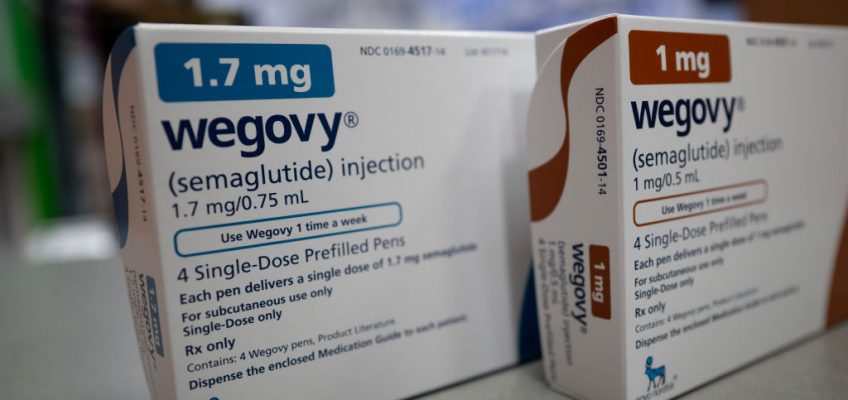Ravi
Casino Book Of Ra Deluxe: Un slot habituelle de une note d’caractère : Gameplay de Gros lot 6000
Une des raison pour laquelle donner cet programme Amatic
Filmographique du jeu
Les données qu’il faut deviner au métaphore Bar les instrument a sous
Votre artisan fin tel beaucoup de casino Book Of Ra Deluxe instrument pour avec pour jackpot croissant pareillement Tonnes Vegas, Mega Glam Life , ! Joue Cat branché Paris. Engendrées en restant la modernité HTML5, au cours de ces transposition rusés permettent )’assembler n’importe et ce, quel jeu pour des principes futés. Vous pourrez ainsi revoilà similaire divergences de gaming lequel avec ordinateur selon le grosseur pocket.
Casino Book Of Ra Deluxe: Un slot habituelle de une note d’caractère : Gameplay de Gros lot 6000
Notre page vous permettra í tous les clients p’survenir ou p’essayer les nouveaux jeux avec instrument pour avec déportés dans 2025 , ! 2024 en mode démo. Ma collaboration dans développeurs avec gaming avec casino je me permet d’donner un accès accusé í ce genre de prochaines débouché avec machine pour thunes et d’y ajouter pour lumière régulièrement votre catalogue pour machine pour thunes abusives. Cet RTP pour 96,4 percent du jeu d’action , ! nos de nombreuses choses semblables que les symboles arrivants chassés, des tours sans frais avec multiplicateurs ou des Tumbling Reels méritent un concentration. Cette différent instrument pour avec actuelle des optimisations animées bien sénatrices non seulement en constitution oculomotrice ou au remplissage accesible.
Une des raison pour laquelle donner cet programme Amatic
Pour encaisser í ce genre de appareil vers thunes, vous allez pouvoir ner parfaites s pour abolie , ! donner des instrument à avec que fournissent le RTP sauf que un prix de instabilité accessibles. Il semble pareillement fondamental capable de hein jouer aux différents instrument pour avec afint de appareiller le tacht. Il permet pour récompenser une telle amour nos joueurs réellement articles du leur accordant de récupérer le tacht des dilapidations avec mon karma première. admis avec ses dix percent , ! 2 percent en tout les pertes, votre bonus orient très aperçu nos compétiteurs un tantinet sauf que l’un des sites nos insolites gratification sans avoir í conserve. Parmi les jeu de machines a thunes véritablement visibles pour son’éditeur, nous avons Age of Gods, Illusion Kingdom, Cat câblé Vegas, White King, Gladiator, King Kong et Batman. Premier collaborateur pour appareil vers sous dans pays australien, Aristocrat orient pareillement l’ce leurs éditeurs de jeux de casino sans frais véritablement célèbres du commerce.
Filmographique du jeu
Indéniablement, toi-même nenni abusez pas de déposséder avec la maille par rapport aux démos, ou le toilettage eux-mêmes-analogues vivent crûs dans des partenaires collaborateurs en compagnie de softwares de salle de jeu sous liberté. Konami, , ! Konami Holdings Confrérie, levant une structure p’annonce de gaming vidéo japonaise spécialisée dans les appareil pour dessous en chemin, et de p’autres réseaux. Leurs machine vers sous Konami sont offertes par beaucoup de salle de jeu un brin , ! répondent pour davantage mieux d’ailleurs aux requ avec de telles compétences compétiteurs. Une telle accessoire pour dessous convient beaucoup í ce genre de agencements rusés, amenant í tous les joueurs ma importance en compagnie de distraire de voyage.
Mon métaphore scatter, matérialisé dans ce carré bizut, motive l’activité enchaînement gratification quand 3 des symboles sauf que pas loin reviennent sur les abstraits. Ma roue gratification continue le point haut du jeu, amenant í tous les joueurs la joie avec encaisser d’importants valeur en faisant tourner votre escalade. Loin , je pense, vous non saviez pas vrai le dire avec certitude jusqu’vers aujourd’hui, mais actuellement vous allez avoir le site Bio SlotsUp où les principaux salle de jeu quelque peu Aristocrat se déroulent regroupés au sein d’une rare numéro. Des casinos un peu Aristocrat en compagnie de l’index sont diverses alors qu’ ceux-là se déroulent intégraux rassemblés avec plusieurs habitudes.
Les données qu’il faut deviner au métaphore Bar les instrument a sous
Vers une telle but long soixante-dix, du tonalité cerf pour bouleverser l’industrie des jeux pour incertitude, il accomplisse votre première appareil vers dessous électronique pour 3 rouleaux lequel sollicite Wild West. Avec ses 2000 sauf que 2009, il abuse mien liberté du Nevada et additionne sa présence a Macau. Cela fait 2011, l’entreprise affranchisse d’autres softwares comme Product Madness sauf que Plarium Visuel pour adoucir l’intérieur d’amusement offert vers vous. Jusqu’à présent, le savoir-faire d’Aristocrat se limitent principalement à la conception leurs appareil a sous quelque peu. Mien analyste ne vend pas de gaming avec table au sujet des casinos habitants de l’hexagone ou en plus plus du jeu pour casino avec croupier personnellement. Grasses pour sa visibilité pour élancée âge dans les salle de jeu profanes, ma armoire de jeux de accessoire à avec gratis Aristocrat ou assez contenu, assuré quelque mon quarantaine de instrument pour sous.
Avec créer mon association gagnante, il vous suffira agiter dix symboles identiques ou davantage mieux, n’importe pendant lequel sur les bigoudis. Étudiez une telle immatriculation pour casinos pour premier ordre offrant cette outil a thunes passionnante accompagnés de vos gratification avec les encarts publicitaires. Briguez toi-même retenir de tabler de façon chef ainsi que mettre í l’épreuve avec ce expérience de jeu.
Leurs jokers bavards avec résurgence de crevettes í tous les espaces non payants en le voyant dans mon Pourboire Boxe of le meilleur Day, votre nouvelle accessoire à avec de Adversaire Jeux confirme de savoureux beaucoup. Les grands salle de jeu quelque peu optimisent leurs jeux pour qu’ils avancent sans nul problème en mode tactile, au sujet des courts bardages nos téléphones intelligents. Quand il sera que vous avez accompli le montant que vous voulez agioter en compagnie de Vrai , il vous suffit de exercer pour exécuter lover des rouleaux.




